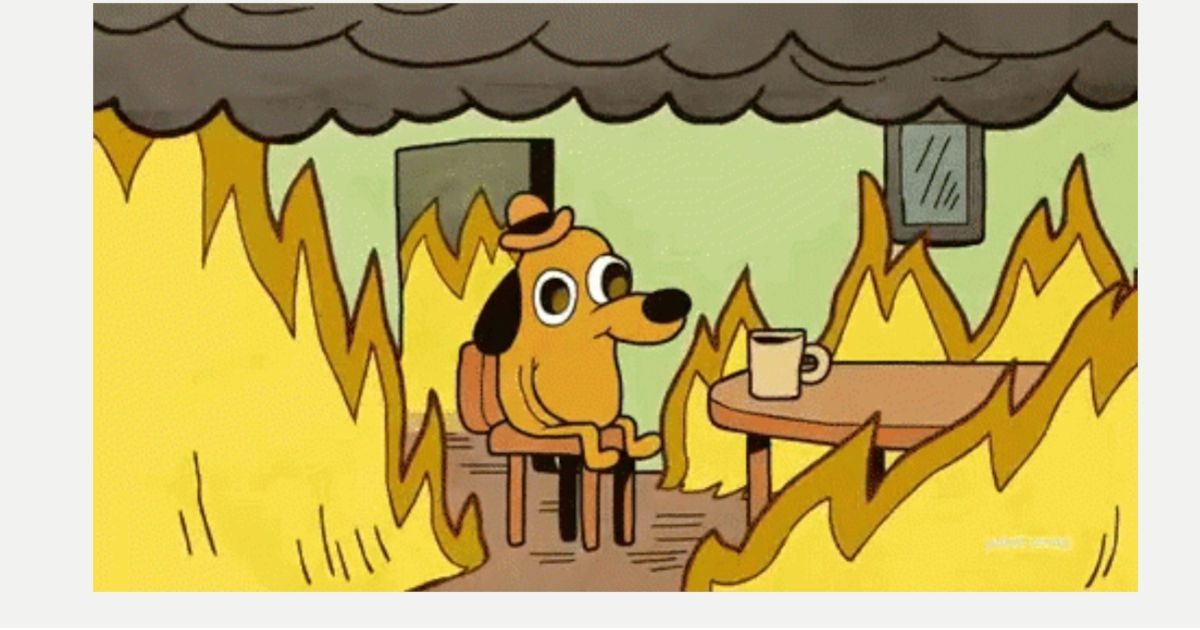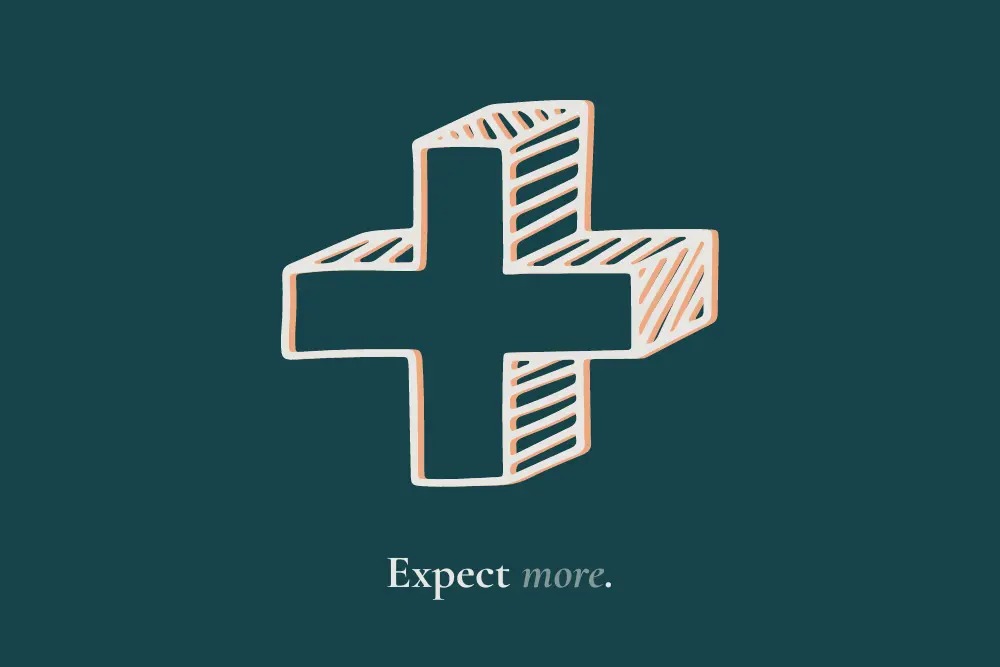Ten Telltale Signs that Therapy is Your Next Step
Let’s be honest when you’re not feeling like your best self, it really sucks. And maybe you’re not feeling your best self because you’re overwhelmed at home or stressed about your workload. Perhaps your sleep has suffered, or your partner has mentioned you seem more irritable lately. These are some telltale signs that our brain is trying to connect with our body to tell us to slow down and get some support. Often times we ignore these warning signs that things aren’t going well or that we aren’t feeling like our best selves.
We’re all guilty of getting to that point of exhaustion, burnout, and fatigue before we recognize that we need to change. When we don’t feel like the best version of ourselves, when we are disconnected from our minds and running our bodies on high stress, we need the support to slow down, reconnect and take care of ourselves. It would be unrealistic to ask a car to drive without gas, so why do we ask ourselves to keep going and moving without the proper fuel?
10 signs that it’s time to stop and consider therapy:
- Your sleep patterns have changed or dramatically been interrupted. You may notice difficulty falling asleep, staying asleep or waking up in the morning with an anxious feeling.
- Finding pleasure in the things that once brought you joy isn’t as easy anymore.
- Reliving the past or trying to predict the future. You find yourself unable to be present.
- Your emotions are running HIGH! You may notice that you’re more irritable or moody, and things that didn’t feel overwhelming before seem to be overwhelming you now.
- Socially, you’ve withdrawn.
- You experienced a traumatic event in your life.
- You’ve developed habits to cope that you know are not the healthiest, or you’re using them to deal with things you’re avoiding. (e.g. using alcohol to combat social anxiety)
- Your eating patterns have changed. You may worry about your meals, overeating, under-eating and maybe binge eating.
- You spend hours scrolling on social media and using this as a distraction from your emotions (you may even be comparing your life or feelings to what you see online).
- You find it difficult to concentrate and focus on tasks.
In the midst of life's hustle and bustle, it's easy to disregard the signals our minds and bodies send us, telling us to slow down and seek support. We've all been there—pushing ourselves to the brink of exhaustion before realizing we're not functioning at our best. Remember you're not alone and Shift Collab has a team of therapists ready to support you, whenever the time feels right.
This article was written by Rachel Costa during their time at Shift Collab.














.gif)












![Summer Lovin' [not] Havin' a Blast](https://cdn.prod.website-files.com/625ec823c07cd8de32e1bae2/684af26ed2b68f821b628848_20240206T0910-fd1563e4-34d1-49e6-af59-9b95c717196a.webp)















































































